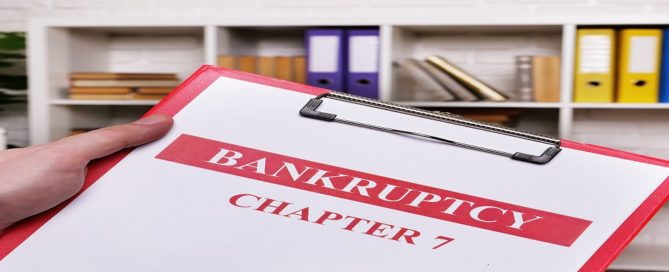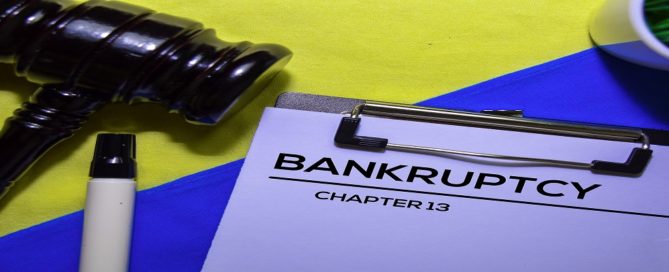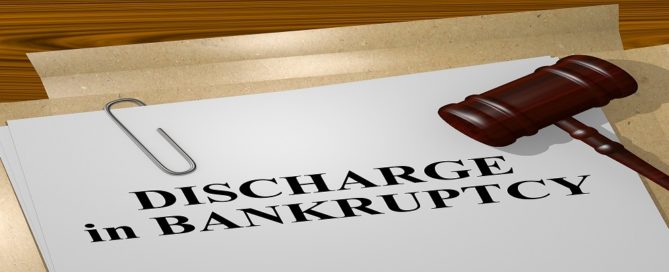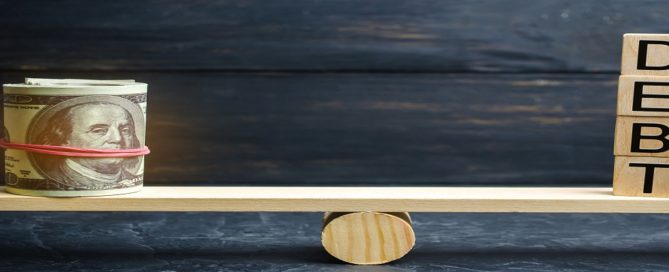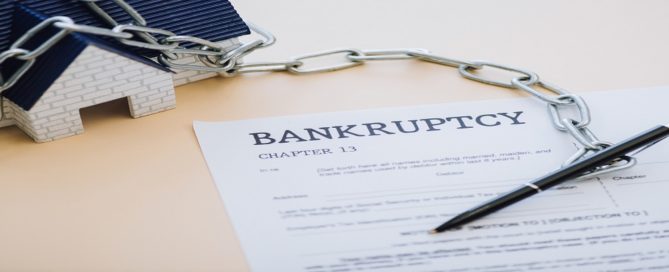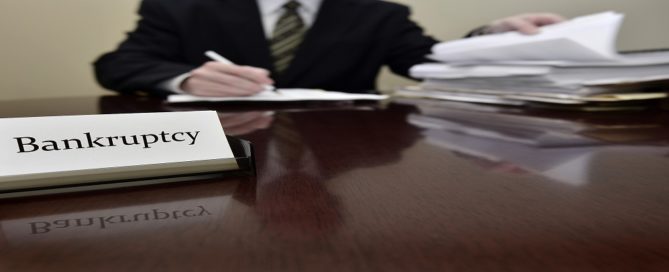How Can You Get Rid Of Second Mortgages When You File For Bankruptcy Under Chapter 13?
Call: 888-297-6203 If your home value has gone down since you purchased it, you can still get rid of the second mortgage by filing for bankruptcy under chapter 13. Under chapter 13, by using the benefits of Lien Stripping, you can get rid of your second mortgage lien on our house. Understanding Lien Stripping Lien Stripping is a tool that can be used under chapter 13 bankruptcy, in situations where your mortgage value exceeds your House value. In such situations, with the jurisdiction of the court, the second and the third mortgage can be stripped off (removed) preventing [...]


